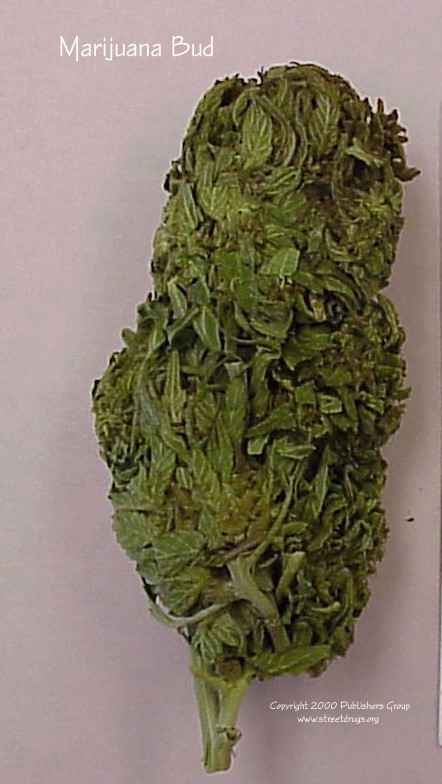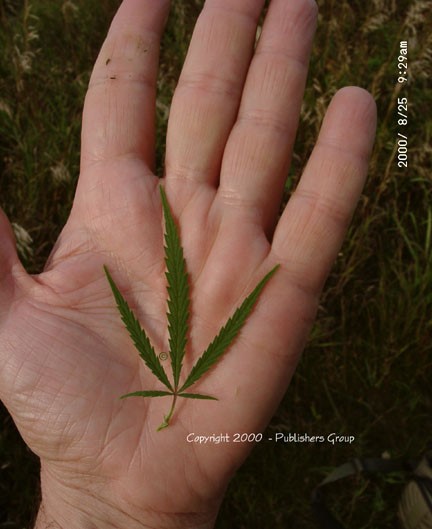DRUGS & ALCOHOL 101
A Parent Resource, presented by Eric Munson, CPP, ICPS
MARIJUANA FACTS
Street Terms: Grass, pot, weed, bud, Mary Jane, dope, indo, hydro, ganga


What is It?
Marijuana is a green, brown, or gray mixture of dried, shredded leaves, stems, seeds, and flowers of the hemp plant. Marijuana has a chemical in it called tetrahydrocannabinol, better known as THC. All forms of marijuana are mind-altering (psychoactive). In other words, they change how the brain works. A lot of other chemicals are found in marijuana, too — about 400 of them, some of which are carcinogenic. Marijuana is addictive with more teens in treatment with a primary diagnosis of marijuana dependence than for all other illicit drugs combined.
Using marijuana can also lead to disturbed perceptions and thoughts, and marijuana use can worsen psychotic symptoms in people who have schizophrenia.
Additionally, there are higher rates of depression, anxiety, and suicidal thinking among people who use marijuana when compared to people who don't use. Teens who started using marijuana before age 15 are more likely to suffer from anxiety and depression in early adulthood. A new study shows that smoking marijuana is associated with a 40% increase risk of psychosis, and the risk is greater among regular and frequent users.
Marijuana Effects
| Short-term effects |
|
Sensory distortion |
Panic |
Anxiety |
|
Poor coordination |
Lowered reaction time |
Sleepy or depressed |
|
Long-term effects
|
|
Suppression of the immune system |
Growth disorders |
Short/Long term memory issues |
|
Study difficulties |
Apathy and drowsiness |
Lack of motivation |
| |
Destruction of lung fibers |
Brain injuries |
|
Risks
- Impaired judgment and motor coordination
- Shortened attention span and distractibility
- Anxiety and panic attacks
- Increased heart rate
- Increased risk of heart attack
- Increased risk for schizophrenia in vulnerable individuals
- Impaired judgment
- Problems with memory and learning
- Lowered motivation
- Decreased alertness and coordination
- Addiction
Withdrawal symptoms from stopping drug use (in a chronic user): irritability, sleeplessness, anxiety, impaired appetite, and aggression.